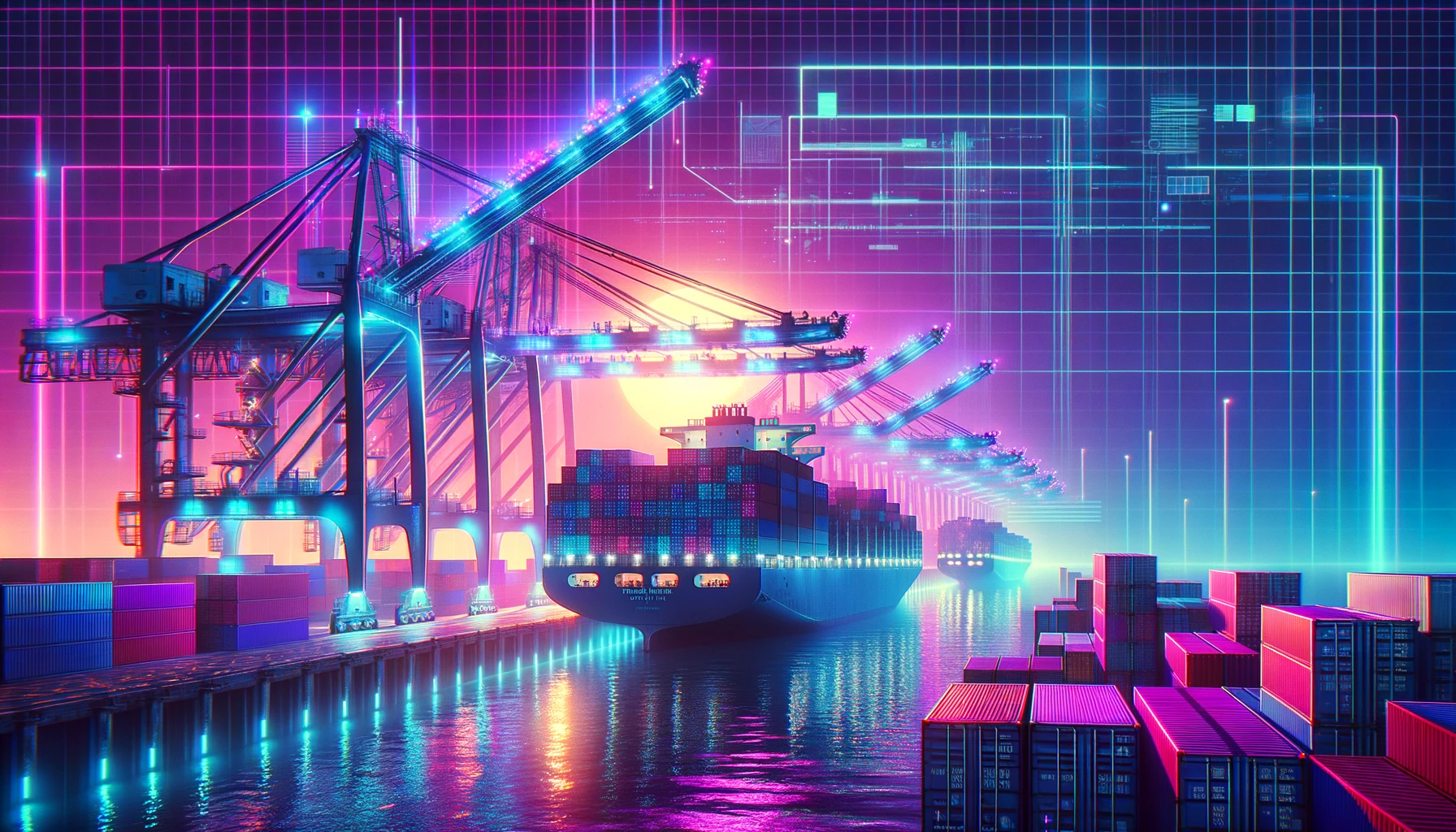Ahoy dear readers! In the age of digital transformation, where everyday objects are becoming interconnected, the shipping industry is no exception. The rise of the Internet of Things (IoT) has paved the way for the evolution of traditional shipping containers into "Smart Containers." These technologically advanced containers, equipped with a range of sensors, are redefining the way goods are transported and monitored globally. Let's delve into the world of Smart Containers and understand their impact on the logistics sector.
What are Smart Containers?
At their core, Smart Containers are traditional shipping containers enhanced with IoT sensors. These sensors continuously collect and transmit data related to the container's internal and external environment. The primary parameters monitored include:
- Temperature: Ensuring perishable goods like food and pharmaceuticals remain within a safe temperature range during transit.
- Humidity: Monitoring moisture levels to prevent damage to sensitive goods such as electronics or artwork.
- Location: Real-time tracking of the container's geographical position, offering insights into its journey and estimated time of arrival.
The Benefits of Smart Containers
The integration of IoT technology into shipping containers offers a plethora of advantages:
- Enhanced Visibility: Stakeholders can access real-time data on their shipments, leading to better decision-making and more accurate forecasting.
- Reduced Losses: Immediate alerts in case of temperature or humidity deviations can prevent potential damage to goods, reducing financial losses.
- Improved Security: Real-time location tracking can deter theft and ensure containers follow their designated routes.
- Operational Efficiency: Automated data collection reduces manual checks, streamlining operations and reducing human error.
- Environmental Monitoring: By understanding external conditions, companies can optimize routes to ensure the safety and longevity of their products.
Challenges and Considerations
While Smart Containers offer numerous benefits, there are challenges to consider:
- Data Overload: The continuous stream of data can be overwhelming. Effective data management and analytics tools are essential to derive actionable insights.
- Connectivity Issues: Reliable global connectivity is crucial for real-time tracking. In remote areas or on high seas, data transmission might be intermittent.
- Initial Investment: The integration of IoT sensors and the necessary infrastructure requires a significant initial investment.
The Future of Smart Containers
As technology continues to advance, the capabilities of Smart Containers are expected to expand. Refer containers, for example, have already begun to implement more and more sensors to preserve sensitive cargo in need of more attention. We might see the integration of AI algorithms to predict and prevent potential issues during transit or even the use of blockchain technology to enhance transparency and security in the shipping process.
Conclusion
The advent of Smart Containers marks a significant leap in the logistics and shipping industry. By harnessing the power of IoT, these containers are not only ensuring the safety and security of goods in transit but also providing stakeholders with invaluable data to optimize and improve operations. As the digital and physical worlds continue to merge, Smart Containers stand as a testament to the transformative power of technology in traditional industries.






